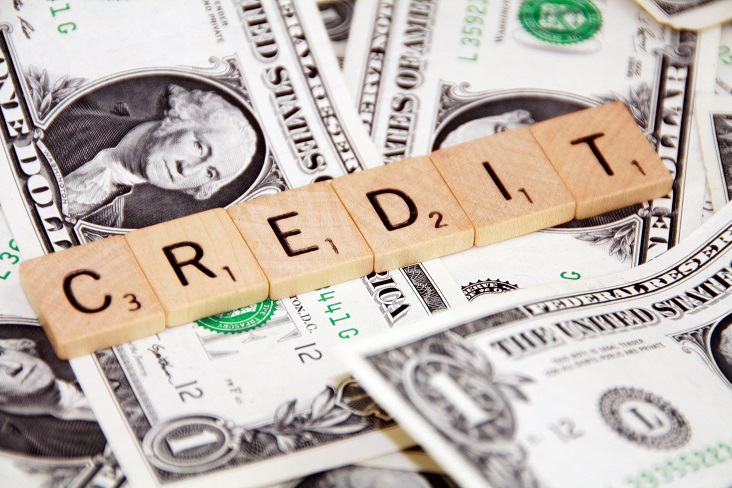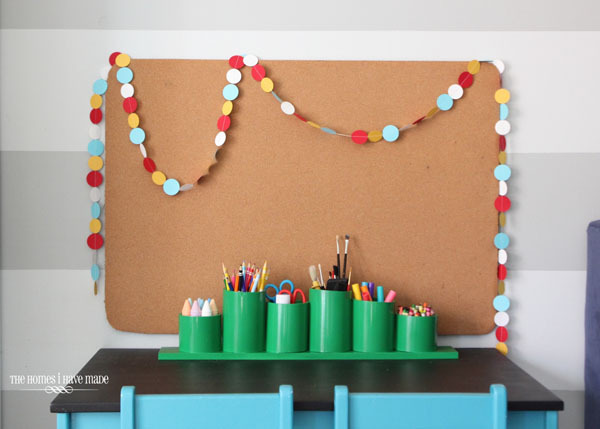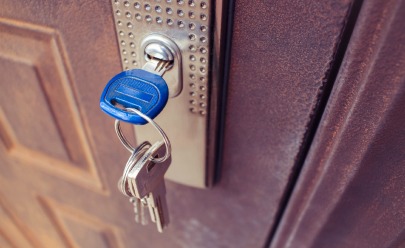Having good credit is absolutely essential. It is one of the most important necessities of adult life. We need it to rent apartments, buy homes … basically, to survive. But good credit is not the easiest thing to maintain. Whether due to a youthful lack of foresight or circumstances outside our control, sometimes we’re left with less than stellar credit scores. Luckily, they’re not set in stone and can be repaired.
Read on to discover the top five ways to repair your credit!

 Pay Bills on Time
Pay Bills on Time
One of the most obvious ways to repair, or rebuild, poor credit is to start paying all your bills on time. Payment history is incredibly important when it comes to having good credit, seeing how it makes up 35% of your credit score. Some tardy payments can be held on record for up to seven years, which is a long time to have a marred credit score. Make sure to pay your bills as soon as you receive them. Set up personal reminders or sign up for automatic electronic payments to help yourself stay on track.
Reduce Your Debt
Check your
credit report, and if you have any debts, pay them off as soon as you can. It may prove difficult to pay them all off at once if you’re having a hard time financially, but pay off as much as you can possibly afford. Aim to pay off the debts with the highest interest rates first. You can set up payment plans so you don’t get overwhelmed with paying the debt all at once.
 Don’t Apply for Too Much Credit
Don’t Apply for Too Much Credit
It may be tempting to apply for a ton of credit all at once. The logic seems sound: Rack up a lot of credit, therefore making your credit a lot better. This is hardly the case, though. Only 10% of your credit score is determined by the number of your new credit applications, and if you’ve got a whole bunch of them, you may come off as a risky prospect to lenders. Also, if you take out more credit than you are able to manage, payments will rack up. If you can’t pay them accordingly, it’ll definitely reflect negatively on your credit score.
Don’t Close Old Credit Cards
It may be very tempting to close all those old credit cards you haven’t used in forever, but it could potentially do much more harm than good.The length of credit history makes up a good 15% of your credit score, so closing long-held credit cards might damage the decent credit score you’ve accumulated with them. It’s wisest to keep them open. You don’t have to use them constantly, but try and use them every once in a while so as to avoid costly dormancy fees.
 Keep an Eye Out for Credit Report Errors
Keep an Eye Out for Credit Report Errors
Occasionally, there may be
errors or discrepancies on your credit report, so it’s very important to check it at all three major credit reporting agencies: Equifax, TransUnion and Experian. If you discover any error, send the agency a copy of your credit report with the highlighted error(s) and a detailed explanation of why it is wrong.
Got your credit repaired and now looking for an apartment? Check out
this great apartment hunting checklist.
Sign up for free at Credit Sesame!
 Pay Bills on Time
One of the most obvious ways to repair, or rebuild, poor credit is to start paying all your bills on time. Payment history is incredibly important when it comes to having good credit, seeing how it makes up 35% of your credit score. Some tardy payments can be held on record for up to seven years, which is a long time to have a marred credit score. Make sure to pay your bills as soon as you receive them. Set up personal reminders or sign up for automatic electronic payments to help yourself stay on track.
Reduce Your Debt
Check your credit report, and if you have any debts, pay them off as soon as you can. It may prove difficult to pay them all off at once if you’re having a hard time financially, but pay off as much as you can possibly afford. Aim to pay off the debts with the highest interest rates first. You can set up payment plans so you don’t get overwhelmed with paying the debt all at once.
Pay Bills on Time
One of the most obvious ways to repair, or rebuild, poor credit is to start paying all your bills on time. Payment history is incredibly important when it comes to having good credit, seeing how it makes up 35% of your credit score. Some tardy payments can be held on record for up to seven years, which is a long time to have a marred credit score. Make sure to pay your bills as soon as you receive them. Set up personal reminders or sign up for automatic electronic payments to help yourself stay on track.
Reduce Your Debt
Check your credit report, and if you have any debts, pay them off as soon as you can. It may prove difficult to pay them all off at once if you’re having a hard time financially, but pay off as much as you can possibly afford. Aim to pay off the debts with the highest interest rates first. You can set up payment plans so you don’t get overwhelmed with paying the debt all at once.
 Don’t Apply for Too Much Credit
It may be tempting to apply for a ton of credit all at once. The logic seems sound: Rack up a lot of credit, therefore making your credit a lot better. This is hardly the case, though. Only 10% of your credit score is determined by the number of your new credit applications, and if you’ve got a whole bunch of them, you may come off as a risky prospect to lenders. Also, if you take out more credit than you are able to manage, payments will rack up. If you can’t pay them accordingly, it’ll definitely reflect negatively on your credit score.
Don’t Close Old Credit Cards
It may be very tempting to close all those old credit cards you haven’t used in forever, but it could potentially do much more harm than good.The length of credit history makes up a good 15% of your credit score, so closing long-held credit cards might damage the decent credit score you’ve accumulated with them. It’s wisest to keep them open. You don’t have to use them constantly, but try and use them every once in a while so as to avoid costly dormancy fees.
Don’t Apply for Too Much Credit
It may be tempting to apply for a ton of credit all at once. The logic seems sound: Rack up a lot of credit, therefore making your credit a lot better. This is hardly the case, though. Only 10% of your credit score is determined by the number of your new credit applications, and if you’ve got a whole bunch of them, you may come off as a risky prospect to lenders. Also, if you take out more credit than you are able to manage, payments will rack up. If you can’t pay them accordingly, it’ll definitely reflect negatively on your credit score.
Don’t Close Old Credit Cards
It may be very tempting to close all those old credit cards you haven’t used in forever, but it could potentially do much more harm than good.The length of credit history makes up a good 15% of your credit score, so closing long-held credit cards might damage the decent credit score you’ve accumulated with them. It’s wisest to keep them open. You don’t have to use them constantly, but try and use them every once in a while so as to avoid costly dormancy fees.
 Keep an Eye Out for Credit Report Errors
Occasionally, there may be errors or discrepancies on your credit report, so it’s very important to check it at all three major credit reporting agencies: Equifax, TransUnion and Experian. If you discover any error, send the agency a copy of your credit report with the highlighted error(s) and a detailed explanation of why it is wrong.
Got your credit repaired and now looking for an apartment? Check out this great apartment hunting checklist.
Sign up for free at Credit Sesame!
Keep an Eye Out for Credit Report Errors
Occasionally, there may be errors or discrepancies on your credit report, so it’s very important to check it at all three major credit reporting agencies: Equifax, TransUnion and Experian. If you discover any error, send the agency a copy of your credit report with the highlighted error(s) and a detailed explanation of why it is wrong.
Got your credit repaired and now looking for an apartment? Check out this great apartment hunting checklist.
Sign up for free at Credit Sesame!






